
Visa and entry requirements Faroe Islands:
Passport not required
No visa is required
Information from the Foreign Office about your trip to the Faroe Islands:
http://www.auswaertiges-amt.de/DE/Laenderinformationen/00-SiHi/DaenemarkSicherheit.html?nn=332636?nnm=332636
In 2013 I visited the remote Faroe Islands, which are politically part of Denmark. The Faroe Islands are a group of 18 islands in the North Atlantic, 17 of which are inhabited. The archipelago is geographically located between Norway and the British Isles. In total there are only around 50,000 island residents. Almost all places in the Faroe Islands are located in protected natural harbors, in fjords or bays. The islands are mainly used for sheep farming, fishing and fish farming. The fishing industry dominates the export share with almost 95%. The official national currency is the Faroese krone, which is equivalent to the Danish krone.
There are naturally no trees on the archipelago, just hundreds of flowering plants, lichens, mosses and fungi. The few animal species on the islands include sheep, cattle and horses. The Faroe Islands are one of the few countries in the world where there are more male than female residents. The reason is the poor employment situation for young women. Interestingly, the Faroe Islands have the fewest prison inmates per capita in the world, which is just six people per capita.
The capital of the Faroe Islands is Torshavn and is located on the largest island, Streymoy. The city has around 20,000 inhabitants and is at the same time the political, economic and cultural center of the country. Torshavn is the country's international hub to the outside world; modern car ferries to Denmark and Iceland regularly depart from here. Very interesting, Torshavn city buses have been running free of charge for everyone since 2007.
The capital's most important sights include the Tinganes peninsula with its narrow streets, the Skansin Fortress with the lighthouse, the Torshavn Cathedral, the Catholic Church of St. Mary, and the Faroe Islands Art Museum. Pubs and bars in the city are rather rare. Overall, there are few restaurants licensed to serve alcoholic beverages. On weekdays, all bars and restaurants close at midnight.
The Faroe Islands are mostly very rural and offer cozy and perfect conditions for tourists who want to escape the hustle and bustle.
I got to the Faroe Islands in September 2013 on a two-hour flight from the Icelandic capital Reykjavik. My five-day stay was characterized by many hikes in the breathtaking and untouched nature. The endless lush green meadows with what feels like millions of sheep are almost unique in the world. There are many times more sheep living on the islands than residents. In addition to its unique landscape, Faroe Island also impresses with its absolute peace and is actually comparable to nothing on our planet. It's a fantastic place for nature lovers and I highly recommend it for a longer stay.

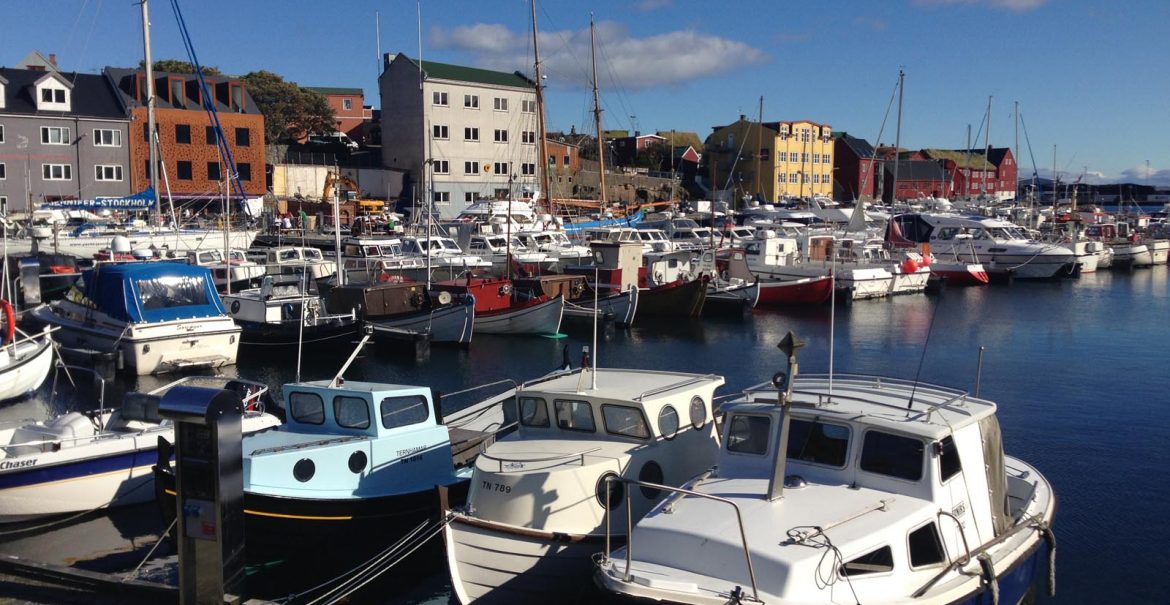
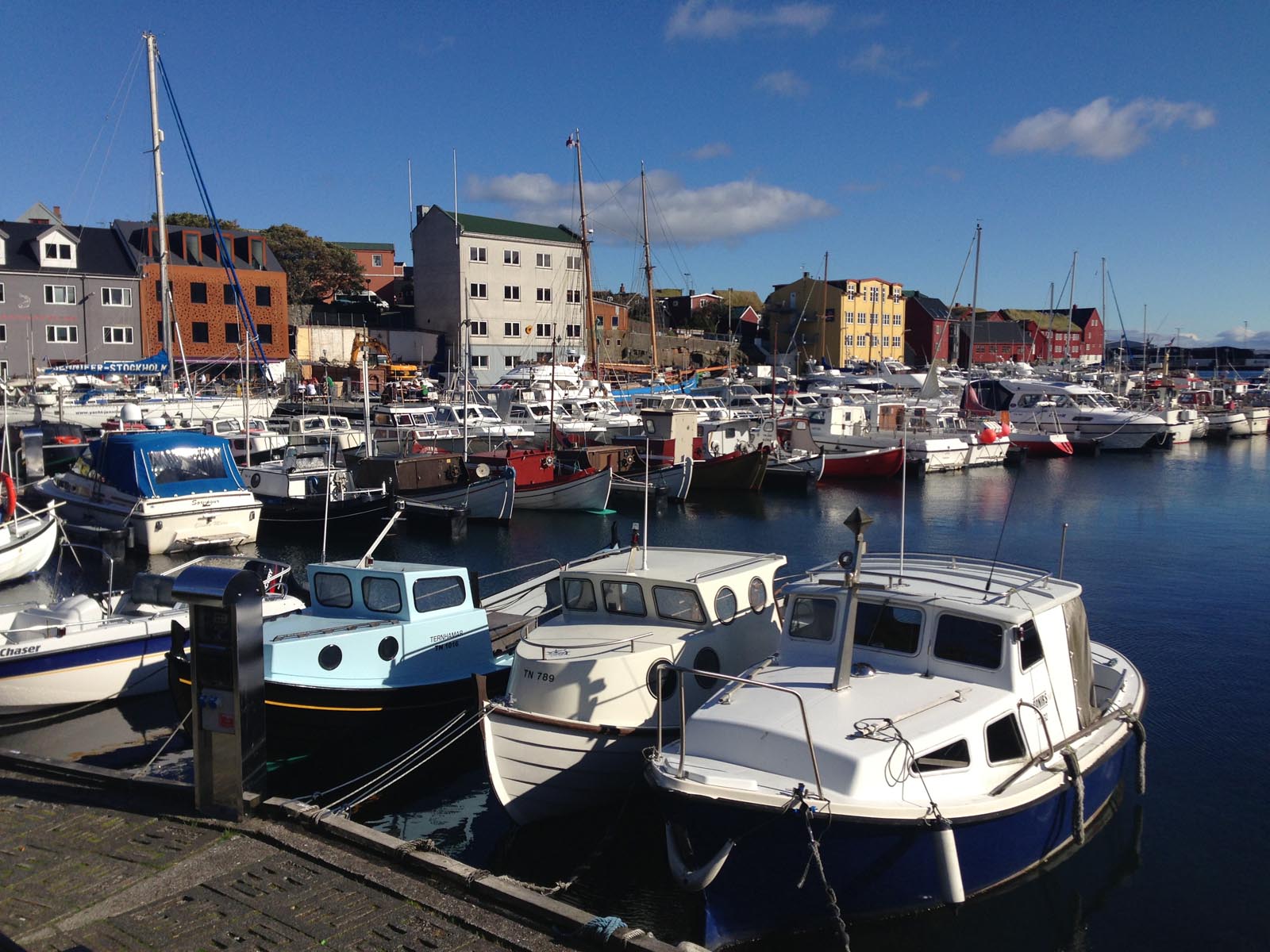
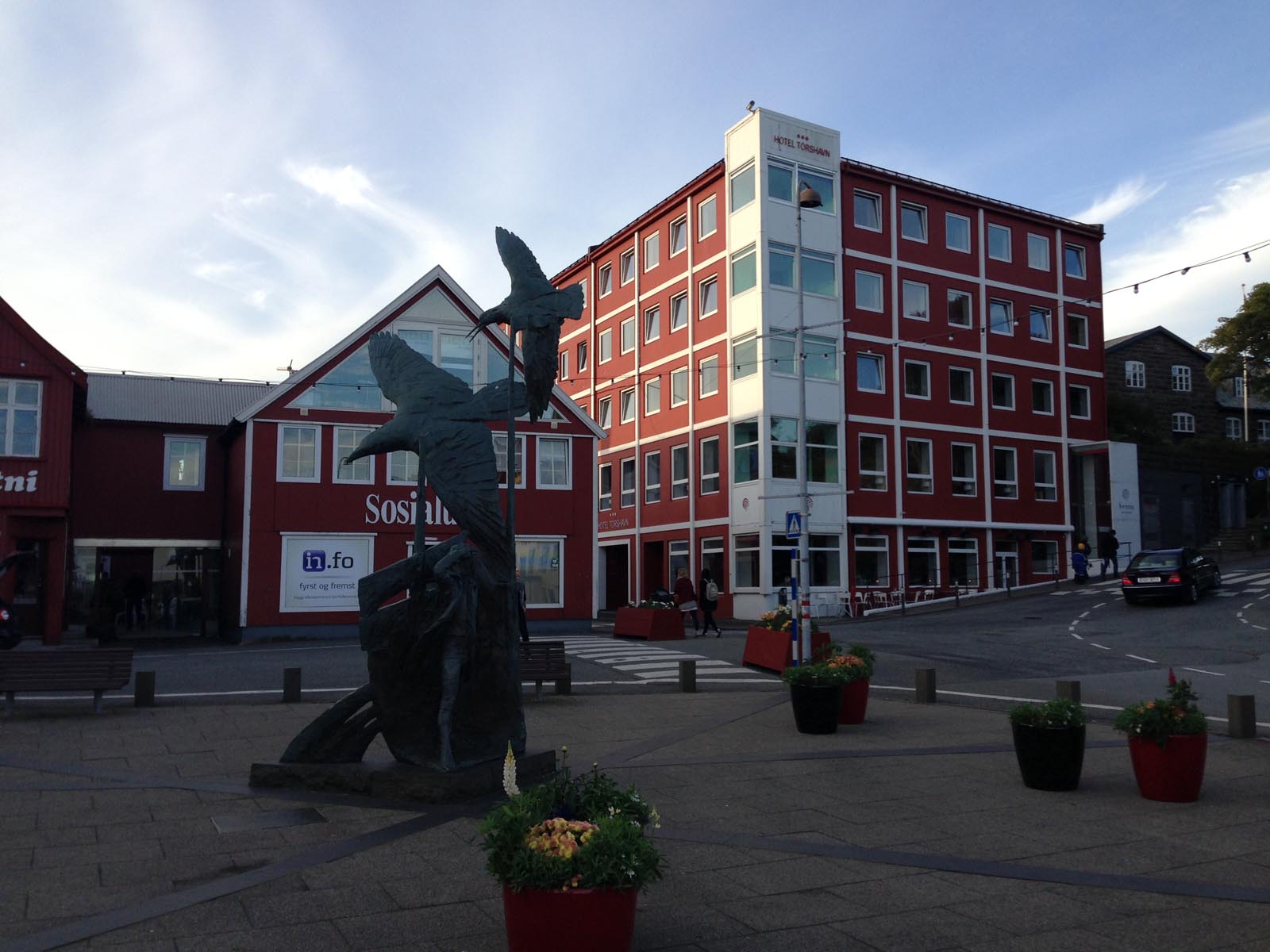
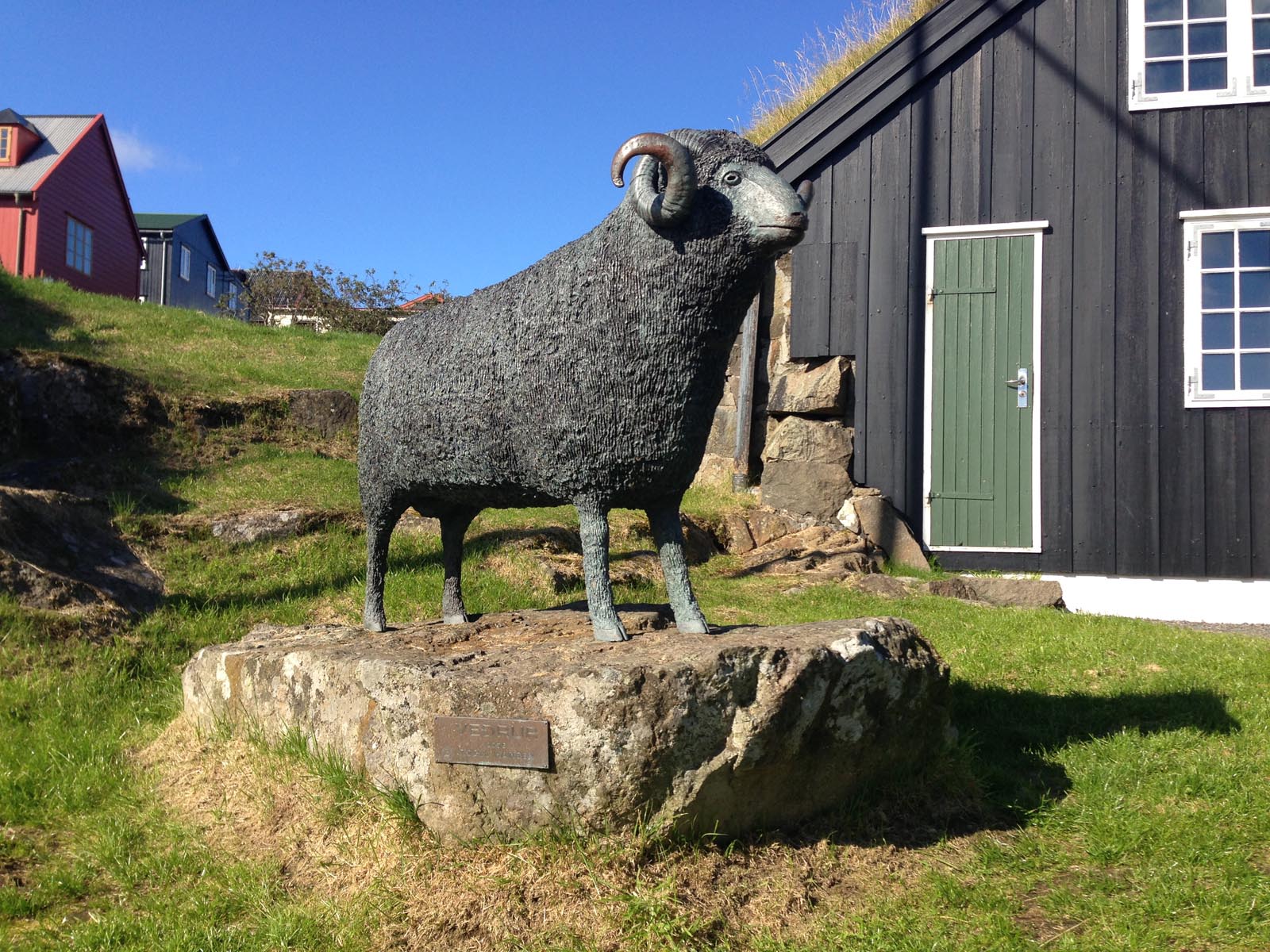
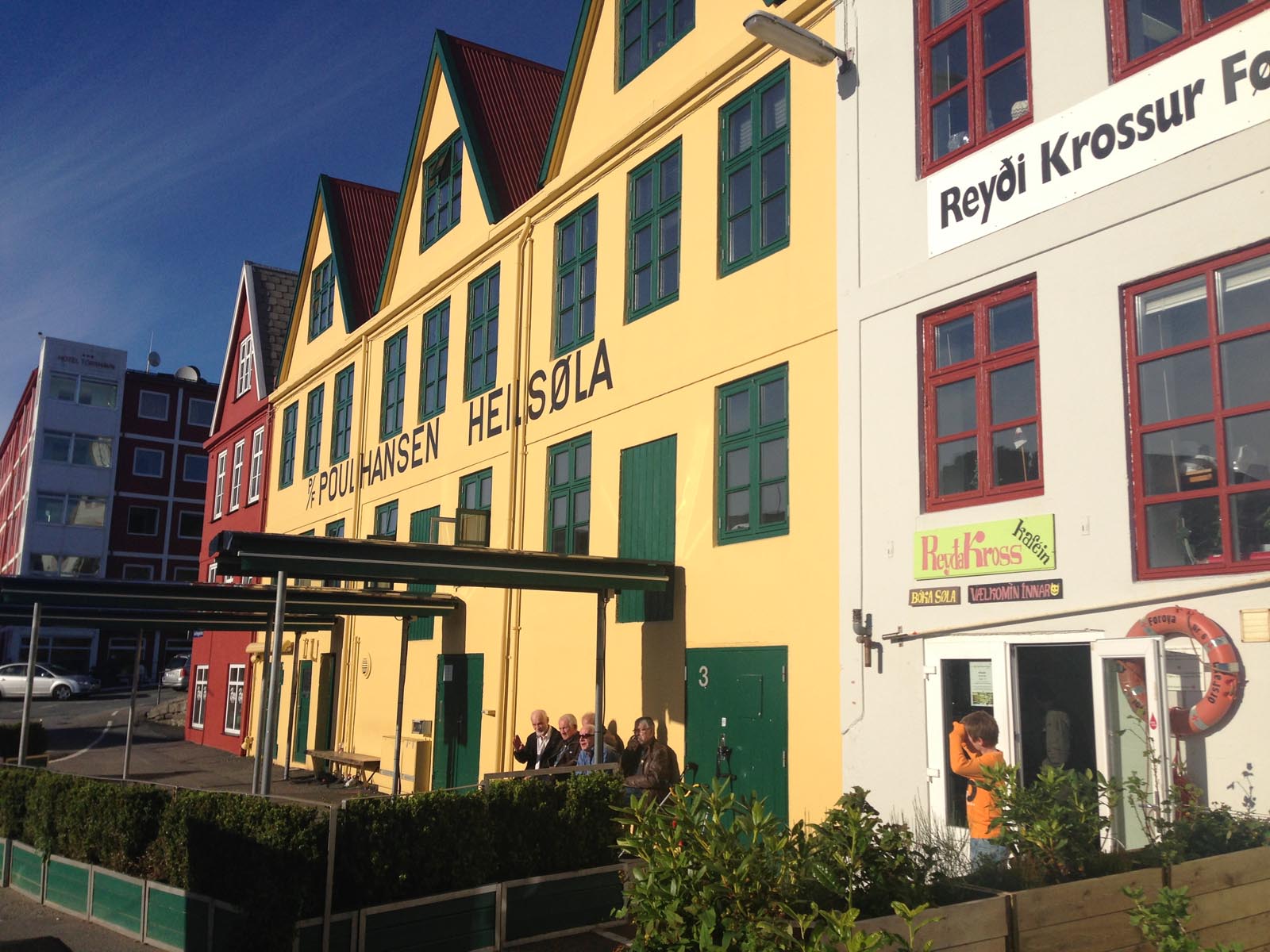
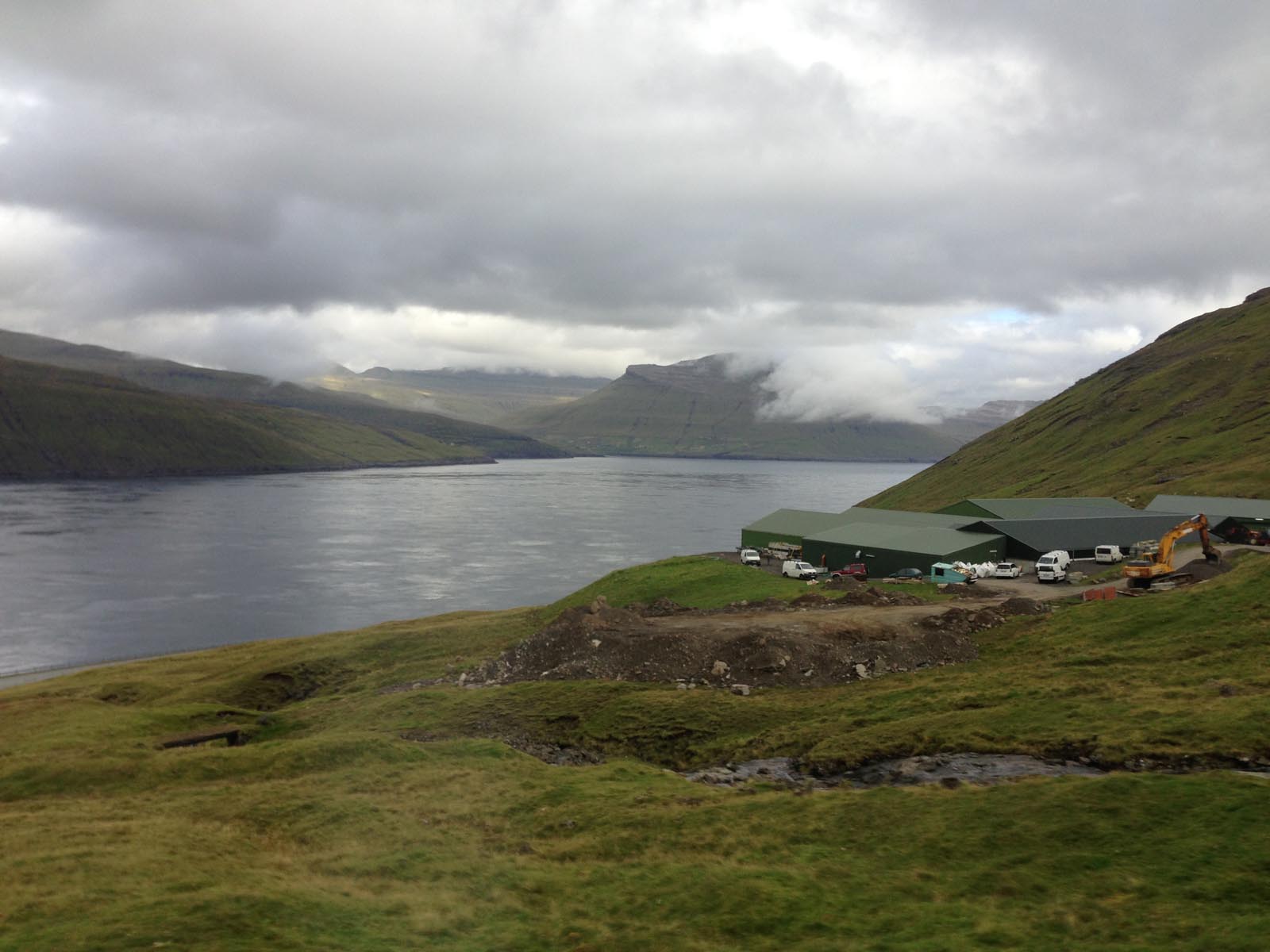
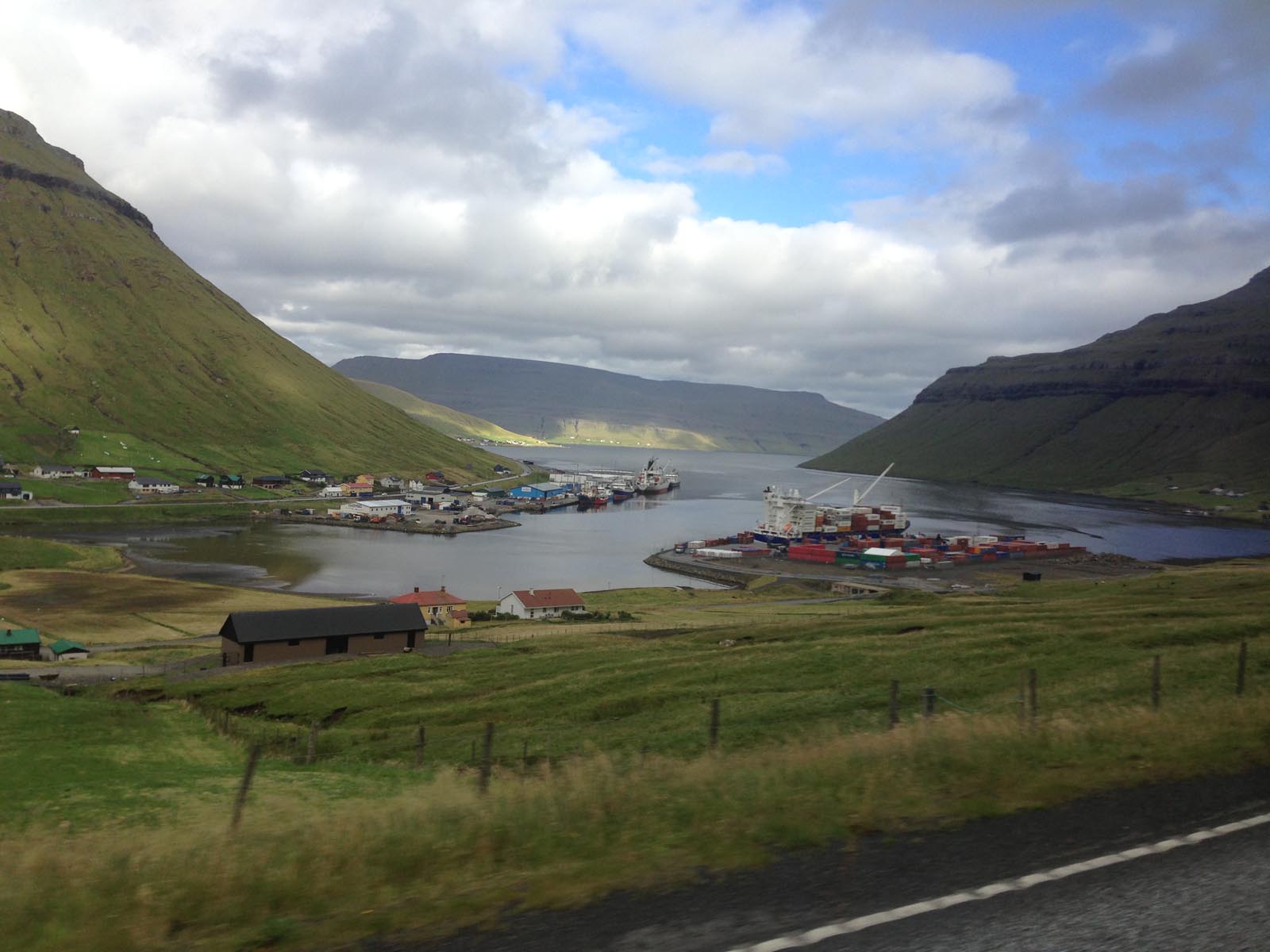
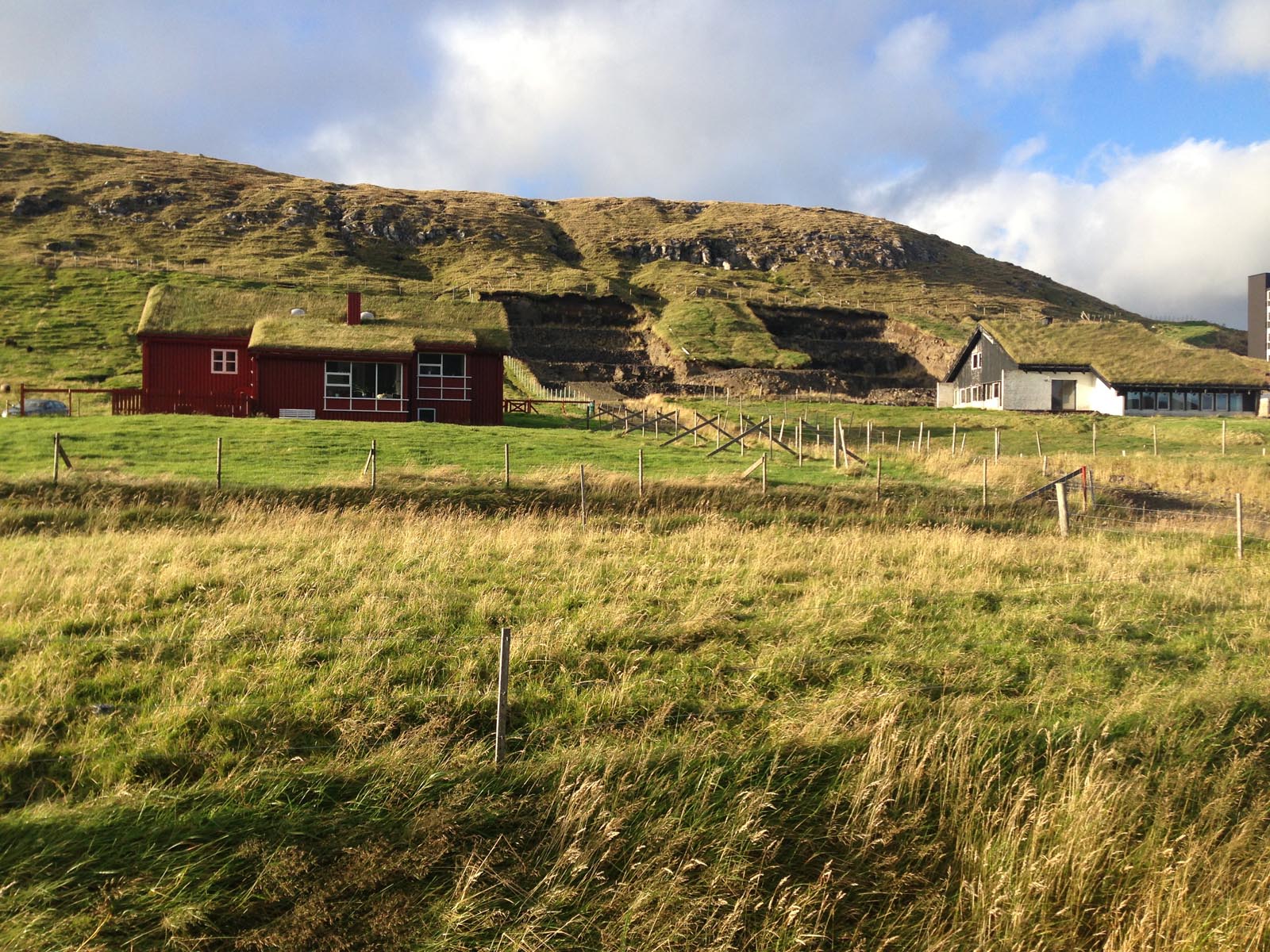
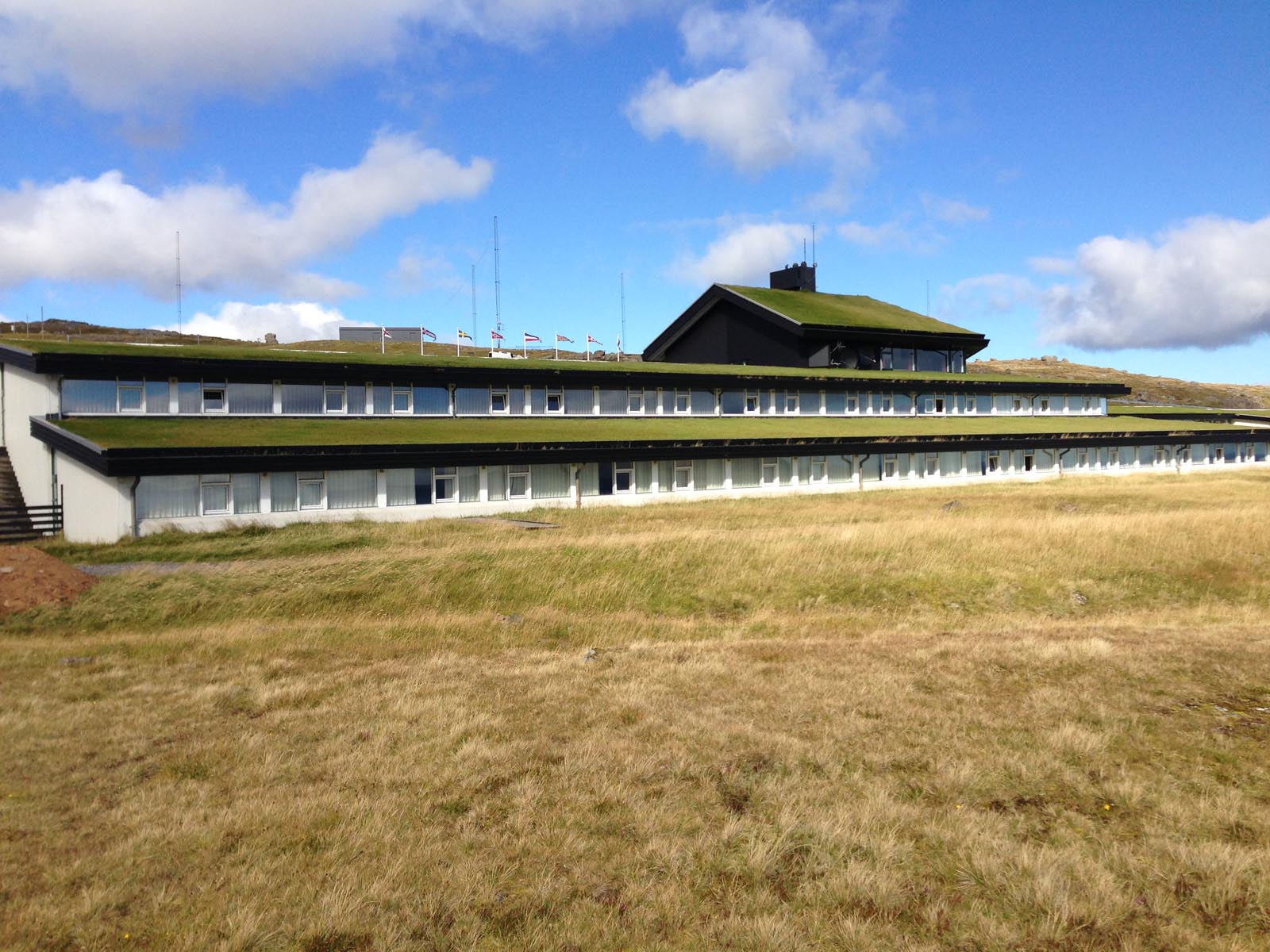
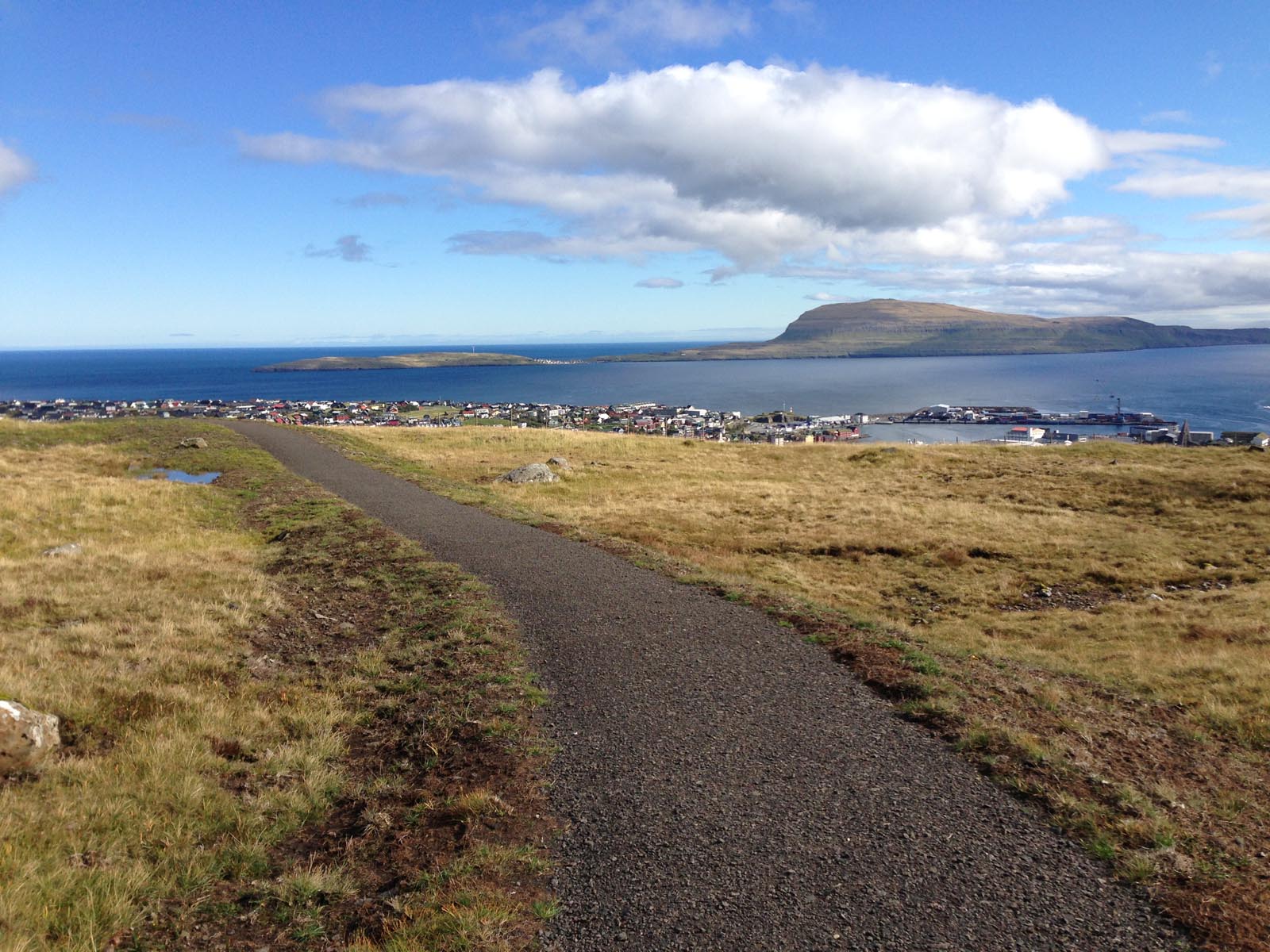
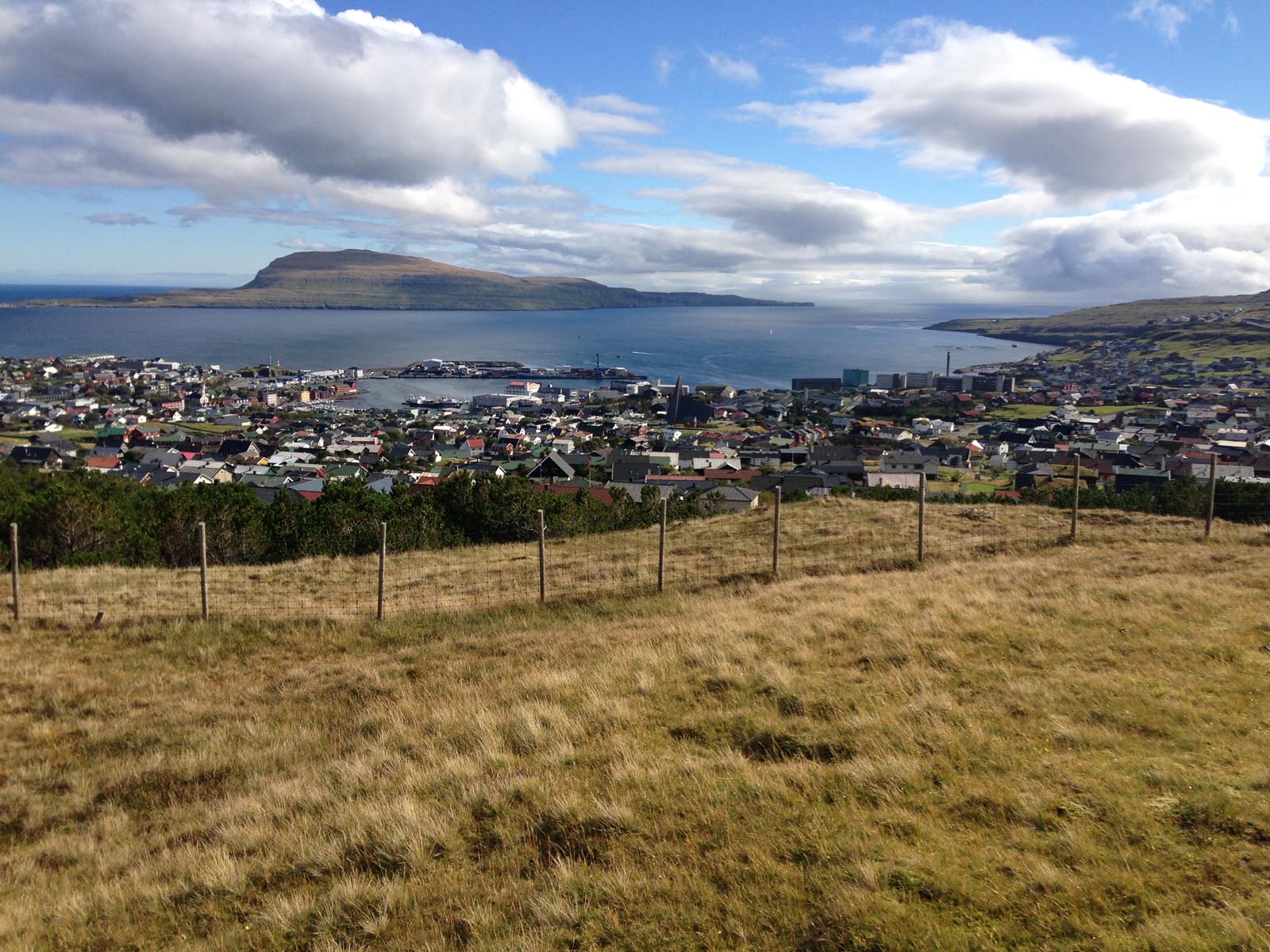
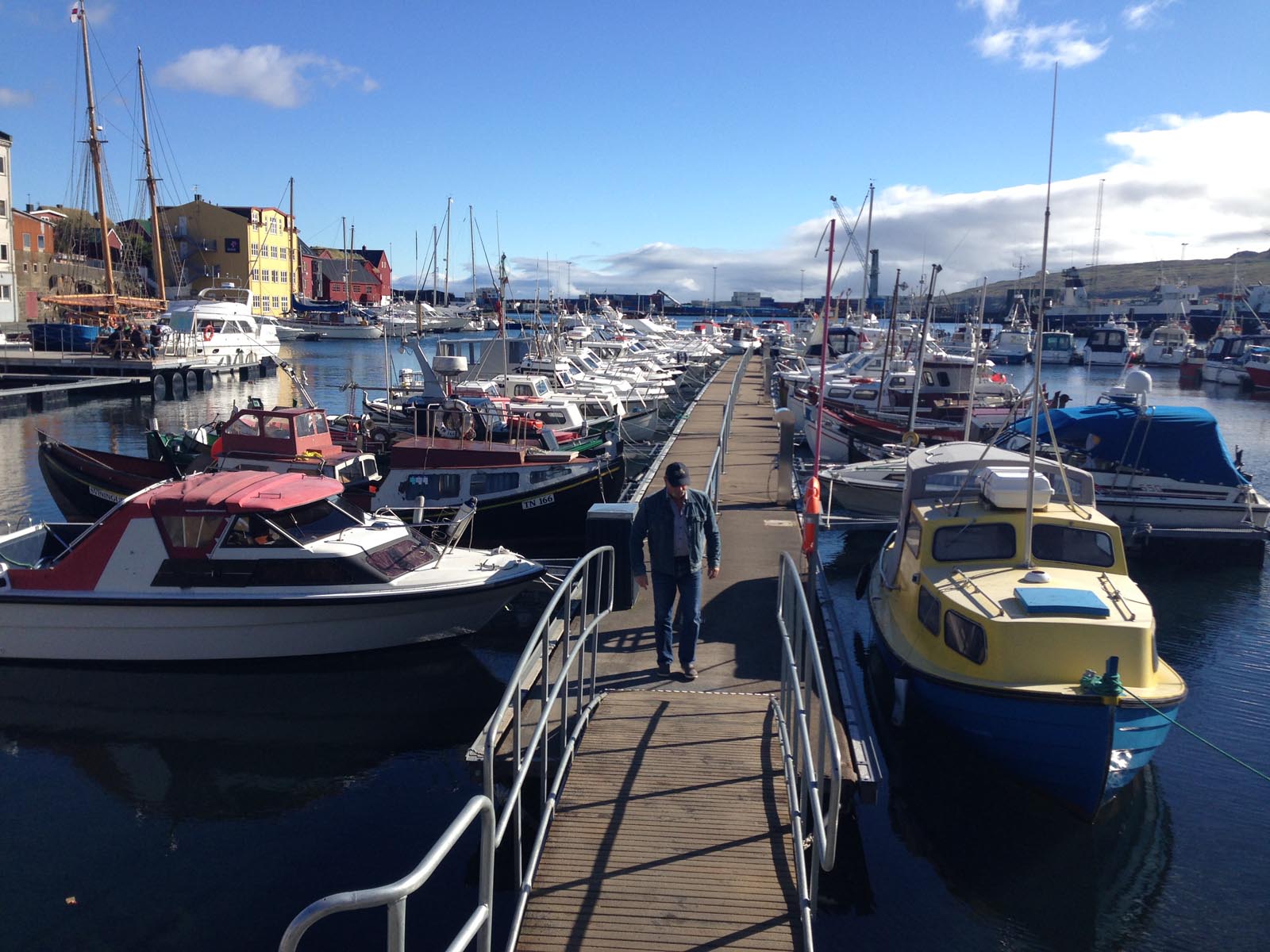

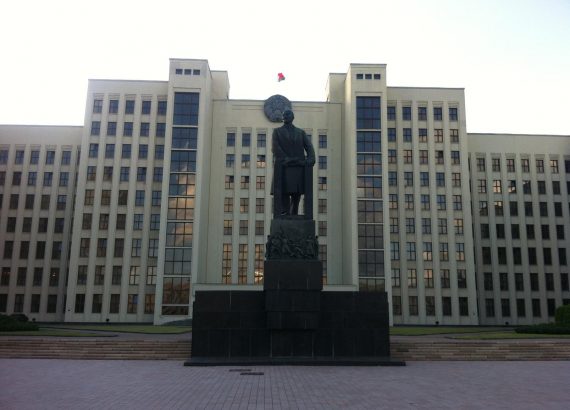
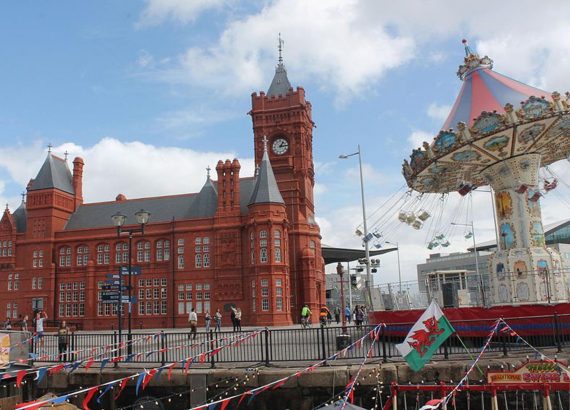

No Comments